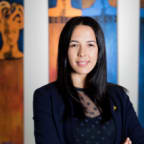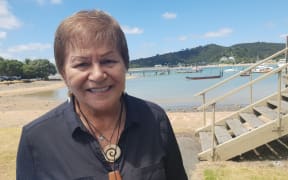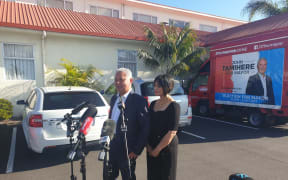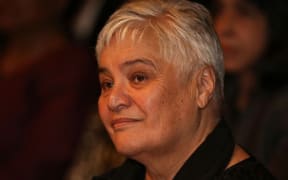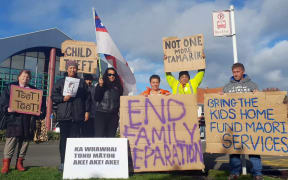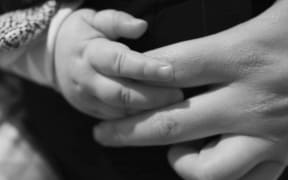There are concerns that universities are churning out social workers who have not been taught the skills to work well with Māori.
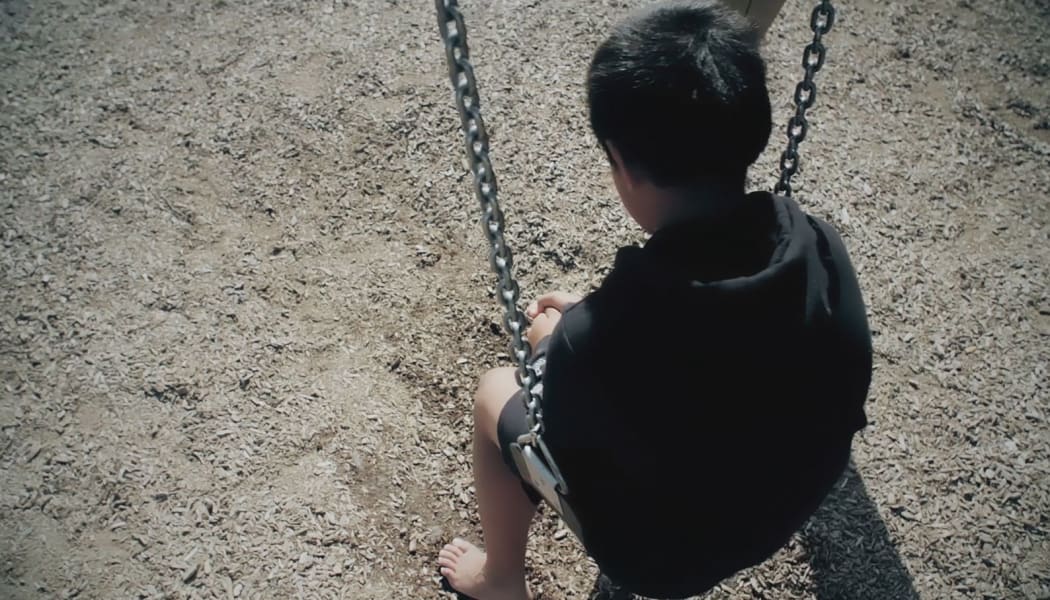
File image. Photo: RNZ
Last week, Children's Commissioner Judge Andrew Becroft released a report revealing harrowing stories of Māori mothers experiences with social workers in the state care system.
The report was looking at how to keep Māori babies in the care of their whānau, as data showed Māori newborns were five times more likely to be taken in care than non-Māori.
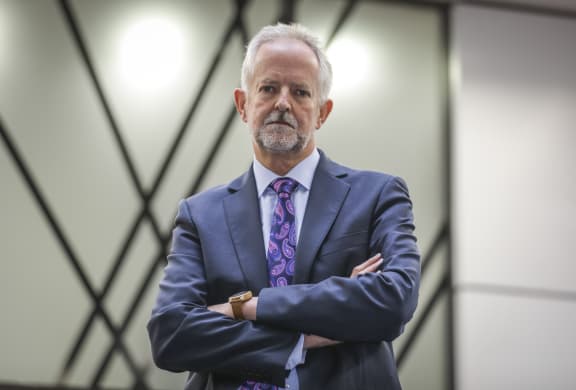
Children's Commissioner Andrew Becroft Photo: RNZ / Rebekah Parsons-King
Judge Becroft found that Māori mothers experienced unprofessional social work practice which he said was disappointing and causing harm.
Oranga Tamariki said its social workers worked hard in challenging and complex environments and were trained to understand colonisation and their Treaty of Waitangi responsibilities.
However, Massey University lecturer in social work Dr Paule Ruwhiu said university programmes lacked cultural capacity training.
"There were one or two papers specialising in Māori content but it wasn't scaffolded throughout the degrees," she said.
"It happens every year that we have a graduation where I can pinpoint or question or raise my eyebrows at the graduands that we are putting out into social work."
Dr Ruwhiu said the lack of decolonisation and cultural training in social work degrees was a concern, and risked sending naive social workers into the field.
"Going out into the community without knowing how to greet a whānau, the tikanga - tikanga is not just for the marae, we have tikanga for the house - being absent minded about all of that.
"The industry will sort that social worker out but how much damage does that social worker have to do before the industry sorts them out?
"If you are ill equipped you are going to struggle through that and you are going to make some really horrible decisions."
Judge Becroft's report said the rate of urgent entries into care doubled for Māori newborns between 2010 and 2019, but stayed the same for non-Māori.
Many of the 11 mothers interviewed in the report said they did not trust their social workers, who they said had lied to, coerced and manipulated them.
Dr Ruwhiu said she was sorry for what happened to the mothers, and said it was vital that social workers became involved with the Māori communities they worked in.
She said there was a lack of professional development and ongoing support for social workers.
"There needs to be ongoing support and ongoing training... it needs to be intense and it doesn't need to focus on the Treaty.
"It needs to be focused on Māori models of practice, tīkanga, how to engage with Māori, all of those sorts of clinical based practices."
'Dedicated to their jobs'
In response to the report, Oranga Tamariki chief executive Grainne Moss defended the agency's social workers.
"New Zealand has one of the worst child abuse rates in the world, and our social workers are dedicated to their jobs and work hard in challenging environments to do their best for children and young people," she said in a statement.
"Understanding colonisation and the Treaty of Waitangi responsibilities and how to apply them is a core part of all social workers' qualifications and continued professional development in this country.
"In addition, we have a Māori Cultural Framework which guides all staff to deepen their understanding of key Māori values, practices, concepts and events that have impacted Māori."
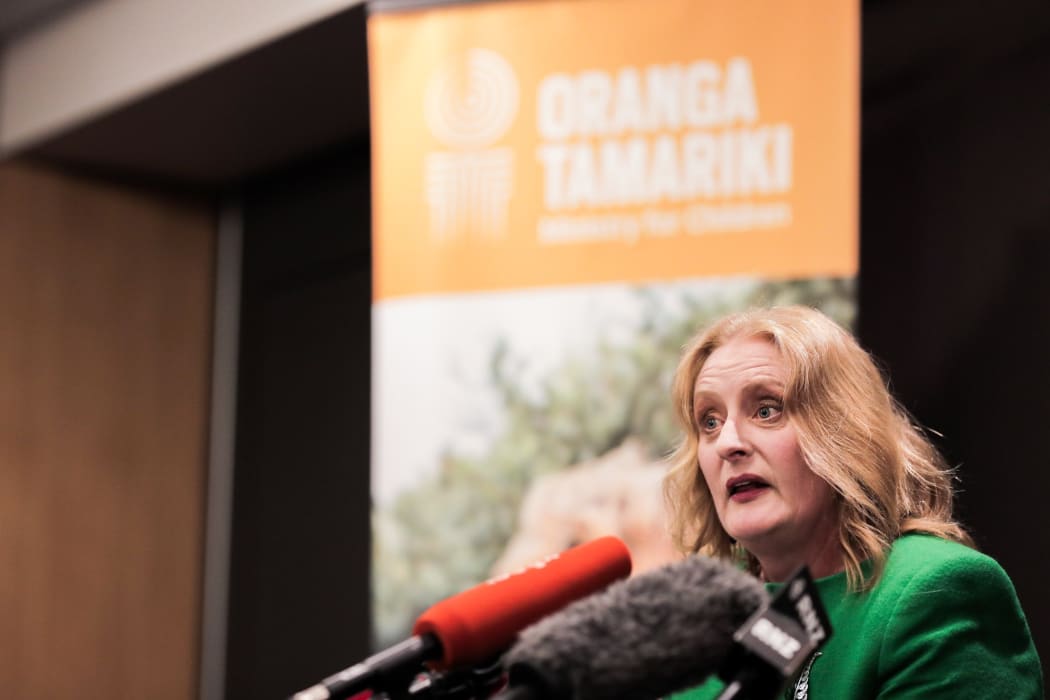
Oranga Tamariki CEO Gráinne Moss. Photo: RNZ / Dom Thomas
She said the agency had also increased its Māori social workers by 7 percent in the past year.
Aotearoa New Zealand Social Workers Association chief executive Lucy Sandford-Reed said Oranga Tamariki had been under constant scrutiny, which put its staff under pressure.
"This report is unfortunate in that it globalises stories about poor practice to all social workers at Oranga Tamariki," she said.
"We know there is good practice in Oranga Tamariki and we know there are good social workers in Oranga Tamariki."
Sandford-Reed said cultural training was a core part of social work education.
"All of the social work programmes have competence to work with Māori threaded through," she said.
"They are clearly doing the learning, and I guess the question is whether the system allows them to translate that into good practice."
She said social workers had huge work loads which could get in the way of proper engagement with whānau.
"Often work loads, work pressure, reporting requirements, compliance, mean that social workers don't have enough time to sit at the table and kōrero with whānau and discuss and teethe out the issues and discuss options - they simply don't have the time."
Sandford-Reed said social workers must complete 20 hours of professional development each year and part of that had to have a Māori focus.
However, she said Oranga Tamariki did not have a great reputation as an employer and that its social workers did not get enough time for proper reflective professional development.
'We are the experts of our own culture'
Dr Ruwhiu, of Ngāpuhi and Ngāti Porou, recently completed her PhD research into the process of decolonisation and the experiences of Māori social workers and Māori social work students.
She said professional training and development, as well as supervision, were fundamental to good social work practice.
"If this is being compromised inside their agencies or their organisations that they are working with then we have got a huge issue."
"I'm going to put myself out there and say the social work sector needs to trust Māori and iwi - that we are the experts of our own culture, but we need resources to be available equitably.
"There has been a lot of work that has been done to allow Māori to work with their own... key people in te ao Māori - in our world - have been calling for that control and I think that the government just needs to back off and let us get on with it."
